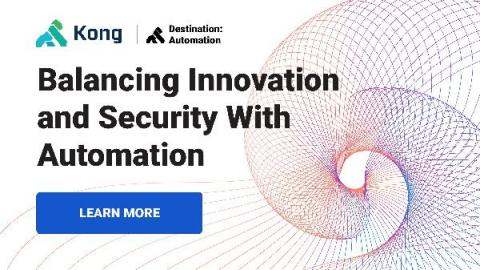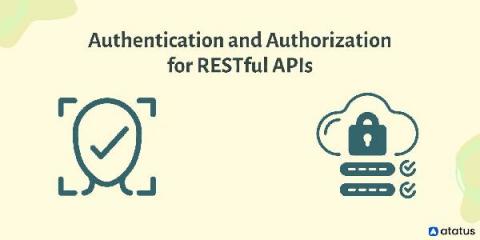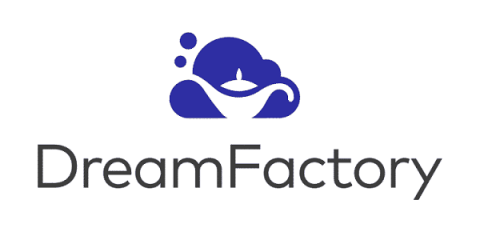Speed-Review API Specifications with Insomnia
As the software application world moves from monolith architectures to microservices, we are also seeing a shift toward developing modular and reusable APIs. According to APIOps, reusable APIs are consumable APIs, which means they must be well-documented and compliant. The separation between the designers, builders and consumers of an API grows larger and larger, making the API specification even more central to that API’s success.










